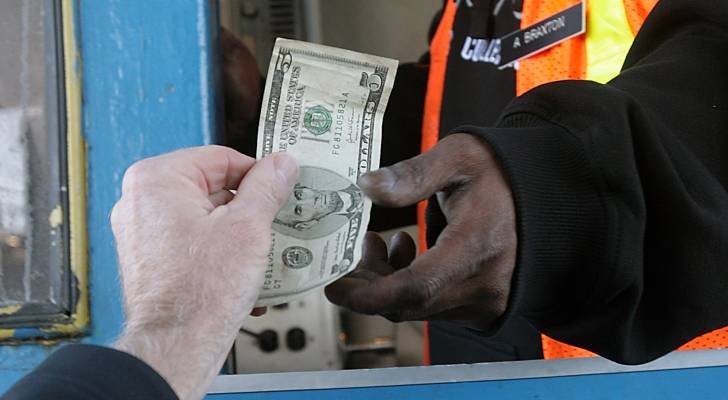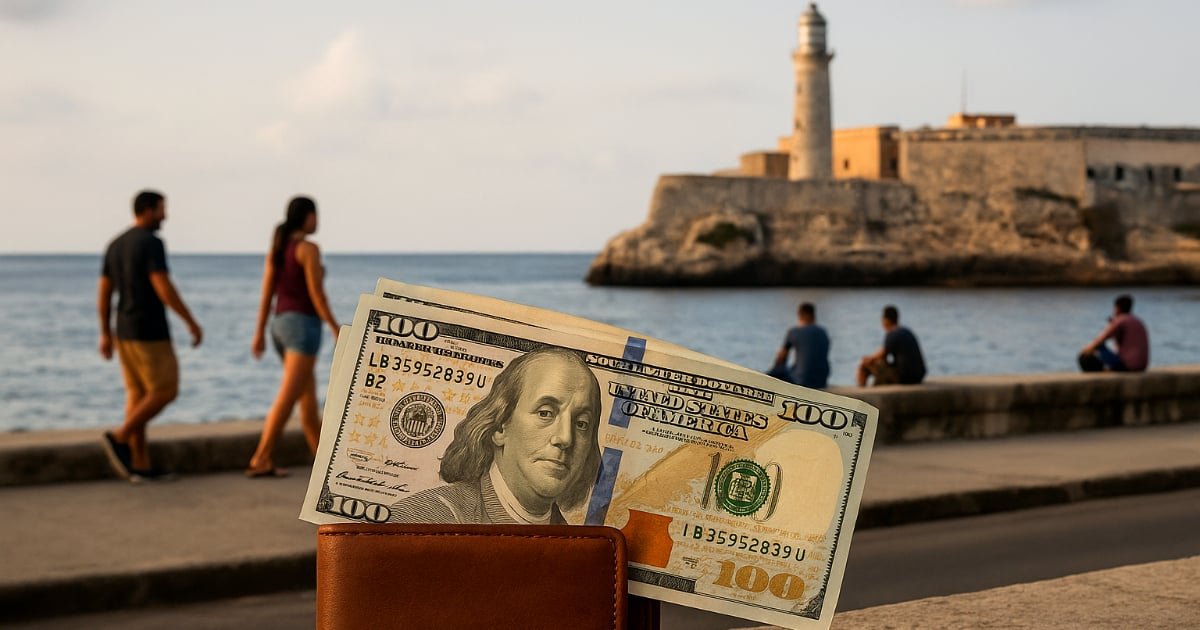We live in an increasingly cashless world — one where those who still spend paper currency risk being left behind.
Nations around the world are moving toward cashless societies, with Sweden, Finland, Australia, China and the United Kingdom among those leading the way.
Don’t miss
Using an Artificial Intelligence sentiment analysis tool, Merchant Machine’s survey of social media posts showed that most countries want to go cashless. Meanwhile, the International Monetary Fund said that adoption of digital currencies could lead to the disappearance of cash altogether.
Relying solely on credit cards or a mobile device for payments could impact the everyday American’s ability to provide for themselves and their families — or even effectively function in society. That’s why two U.S. senators want to preserve the right to use cash in America.
How COVID-19 made us go cashless
The U.S. saw an accelerated decline in the use of cash during the COVID-19 mitigation measures, when many stores and merchants adopted touchless payment protocols. And five years later, there seems to be little desire to go back to a more frequent use of cash.
The Federal Reserve’s Diary of Consumer Payment Choice report found that cash payments accounted for only 14% of all payments in 2024. The report also found that consumers were more likely to use cash for payments under $25. Still, cash remains a source of value.
“Nearly 80% of consumers held cash in their pockets, purses or wallets at least one day during their Diary reporting period,” according to the Federal Reserve’s findings. And, on average, $306 in cash was stored elsewhere as a store of value.
The report also found that two-thirds of those who use cash for a transaction would have preferred to use a different method — demonstrating that cash largely serves as a backup. People in lower income households and those over 55 are more likely to use cash than younger or wealthier Americans.
The pros of going cashless include increased convenience and transaction speeds, better security and fraud protection, reduced costs to producing and handling physical cash, and the potential for easier record keeping and transparency.
But there are downsides, which include privacy concerns (such as the potential for government and corporate surveillance), increased vulnerability to cyberattacks or system failures, and the exclusion of citizens who don’t have access to digital payment systems.
Stay in the know. Join 200,000+ readers and get the best of Moneywise sent straight to your inbox every week for free. Subscribe now.
Introducing the Payment Choice Act
According to the World Economic Forum, cashless societies can exclude many people, including those who don’t have bank accounts or credit cards, those who have a difficult time using computers and smartphones for banking purposes, or those who lack mobile or broadband connectivity.
Recent immigrants and retirees — as well as those with disabilities or living in rural areas — are “especially vulnerable” to the challenges of a cashless society.
A 2023 report from the Federal Deposit Insurance Corporation found that 4.2% of U.S. households, which represents roughly 5.6 million homes, were considered “unbanked,” which means none of the household residents had a savings or checking account at a credit union or bank.
With the aim of ensuring that Americans — especially those that are unbanked — can still use cash, Democratic Senator John Fetterman of Pennsylvania and Republican Senator Kevin Cramer of North Dakota have introduced a bipartisan bill known as the Payment Choice Act.
With some exceptions, the measure stipulates that — among other requirements — any establishment “engaged in the business of selling or offering goods or services at retail to the public who accepts in-person payments at a physical location” must “accept cash as a form of payment for sales made at physical locations in amounts up to and including $500 per transaction.”
The bill also stipulates that anyone selling goods or services is not permitted to charge a higher price for cash-paying customers than what they’d charge for those not paying with cash.
However, it provides exceptions for temporary system failures that prevent the processing of cash payments, or when the vendor has insufficient cash for making change. It also allows for sellers to provide machines that will turn cash into prepaid cards.
“It’s simple: if you’re open for business in America, you should take U.S. dollars,” said Sen. Fetterman in a press release, adding that millions of Americans don’t have access to bank accounts. “Every American should be able to use paper currency if they choose.”
“Cash is still legal tender in the United States, despite some businesses’ exclusive acceptance of electronic payments,” said Sen. Cramer. “Forcing the use of credit and debit cards or imposing premium prices on goods and services paid for with cash limits consumer choice.”
Currently, private businesses are permitted to create their own policies on cash. According to the Federal Reserve, there are no federal statutes that force a private business or organization to accept cash or coins as payment.
When Sen. Cramer introduced an earlier version of the bill in 2023, it failed to pass. And whether this version of the bill passes or not, it brings attention to an important issue: how to prevent people from being left behind as we inevitably move toward a cashless or near-cashless world.
What to read next
This article provides information only and should not be construed as advice. It is provided without warranty of any kind.







